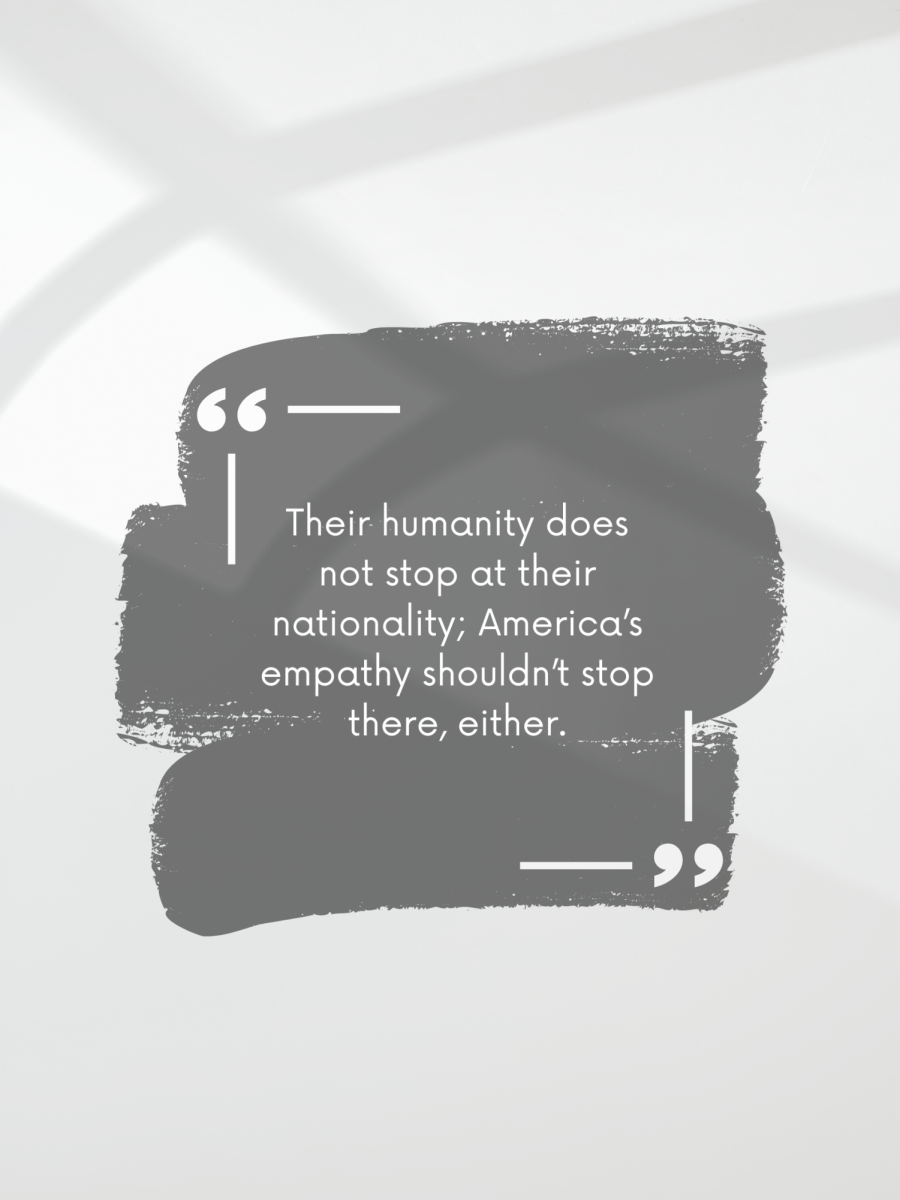Art is everywhere; it’s in the music we listen to, the books we read, the posters we walk past, and the social media posts we scroll through. Art is inescapable; art can be seen in every era of history and every location in the world because art is essential to the human experience. But mistakes are also essential to the human experience, leading to the timeless question of asking whether it is possible to separate the art from the artist. What can an audience excuse? Where does one draw the line? Can you listen to music from an artist who has been involved in behavior you deem morally wrong? This is no simple question with no simple answer.
The first question that needs to be asked is whether art is bound to the artist. One could argue that art is independent of who made it. For instance, students studying a novel don’t study the childhood that formed the author or the experiences that led to the values reflected in the piece. On the other hand, the values and experiences of the artist can be seen in the art on some level, even if it isn’t at first glance. It’s difficult to idolize art without idolizing the person who made it. Of course, admiring the techniques or themes in art doesn’t require giving credit to the artist, but it leaves out an important perspective to be ignorant of its source. Furthermore, if an artist has prejudices or negative beliefs, those could be shown in their art. There’s a big difference between listening to a musical artist who has done something wrong and listening to music that encourages said behavior.
Another important factor is whether or not the artist is alive. If an artist can financially benefit from an audience that still supports them, it sends a message to the artist that their behavior must have been acceptable given their level of fame. However, if the artist has passed, they can no longer benefit from admiration of their work. Still, it could seem like that behavior is excusable and trivializes those mistakes to future generations.
Ultimately, though, the biggest question is whether the public has a responsibility to hold artists accountable. Although it seems unreasonable to place the burden of accountability on the general public if the public doesn’t hold artists accountable, who will? Executives at a record label probably aren’t wondering if an artist is a decent person before signing them; they’re focused on making money. And if artists aren’t held accountable for bad behavior, it makes it seem like that behavior is excusable. However, it’s unrealistic to expect every individual to take personal responsibility for the entire public. If one individual decides to boycott an artist, that doesn’t stop anyone else from continuing to admire a work of art. Additionally, art isn’t meant to be about ethics or morals. Art is a medium to share ideas, educate, and entertain. If artist produced their art for an audience to enjoy, why should the audience sacrifice their pleasure under the belief that it will somehow affect an artist?
At the end of the day, it depends on the individual to decide whether to support an artist by admiring their work. There are many factors in play and it truly depends on the individual’s morals, the piece of art they appreciate, and the extent of the artist’s behavior.
Categories:
Opinion: Can You Ever Truly Separate the Art From the Artist?

Photo courtesy of Freerange Stock
0
More to Discover






